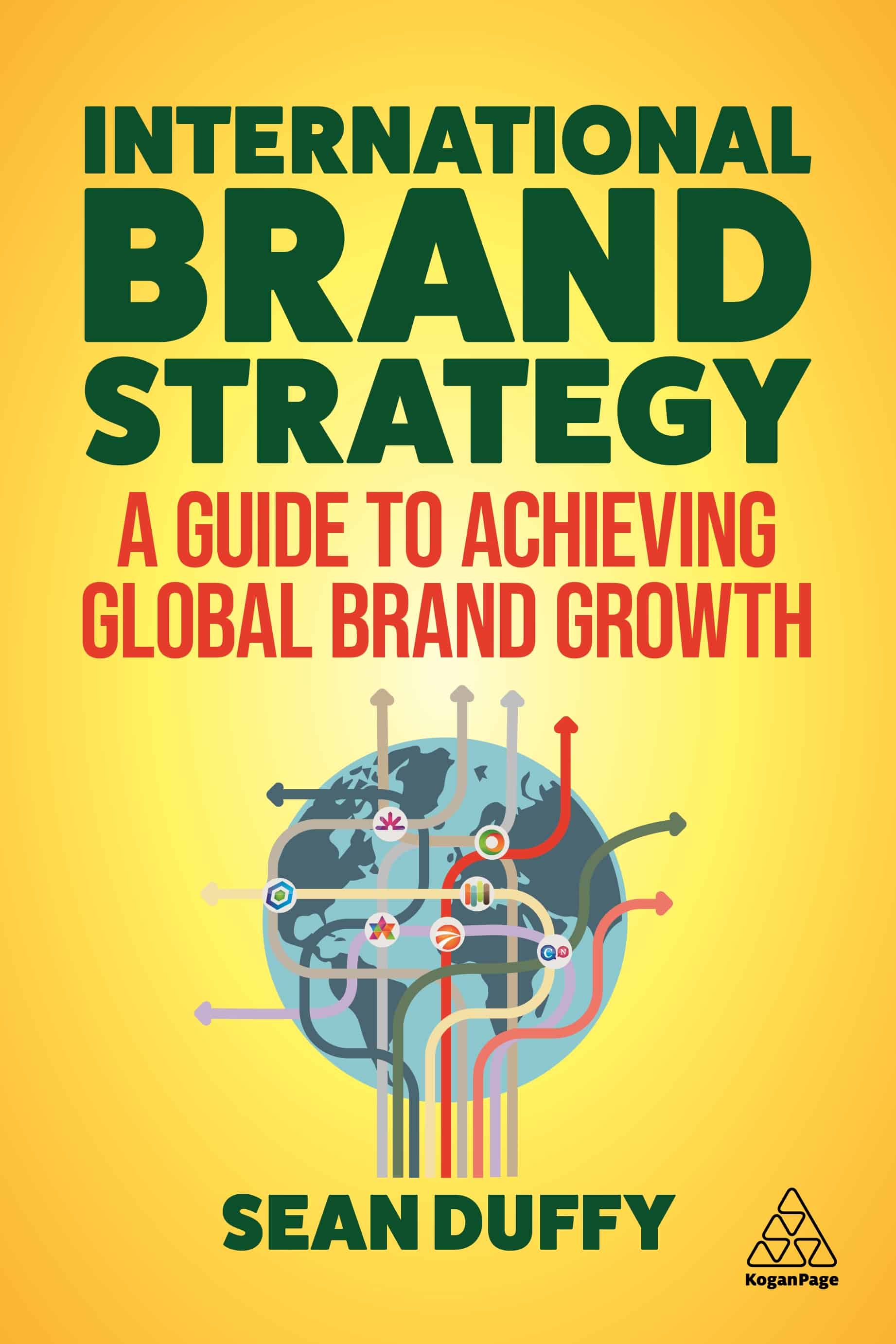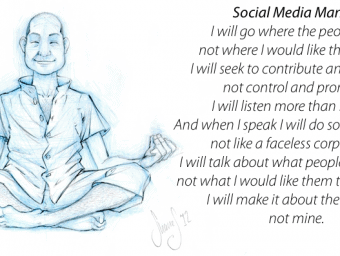Pharma, heal thyself
I received the following questions from a student at the University of Oregon. She is looking into the history of pharmaceutical marketing a...
13 May 2009 2827 ViewsI received the following questions from a student at the University of Oregon. She is looking into the history of pharmaceutical marketing and the tactics they use to reach their customers. Thanks to Emilee for the questions. My history with pharma only dates back to 1993 and is based solely my first-hand observations working with them. I hope these answers help.
Have the drug companies taken over the Internet yet?
Not at all. They are cautiously dipping their toes in the water. Pharma companies are risk-aversive when it comes to marketing in general. They need to be. Their marketing activities are highly regulated by government bodies like the FDA in the US. Their collective reticence also stems from the fact that pharma has no real marketing tradition. Their traditional approach is based on a door-to-door B-to-B sales model. In recent years I have noticed some real pockets of marketing excellence inside big pharma, however, on average most pharma companies still have stronger sales forces than marketing departments.
What have they done online so far?
Their list of achievements with regard to social media and Web 2.0 is meager but they are eager to catch up and are making progress. Most of the highlights can be found in this AdAge article: Big Pharma Finally Taking Big Steps to Reach Patients With Digital Media (note: AdAge moves articles to their members only area after about a week). Also check of the Dose of Digital Pharma Social Media Wiki. Companies like GSK and J&J seem to be leading the way and creating precedent for others to follow. The fact that pharma companies around the world seem to be cutting back the number sales reps they employ can only place more focus on the web.
My company provides both consulting and creative services to pharma. We have helped several pharma and medical companies transition from sales-oriented to market-oriented organizations (admittedly with varying degrees of success). That means helping them understand what brands are, how they are developed and how they can profit from them. It also means helping them transition their operational routines from a sales-only mentality to a more market-oriented mind set.
We are helping several pharma and medical companies create a social media presence in Europe, the Americas and beyond. This usually involves developing a web-based marketing strategy and tactical plan and then creating web assets for them. We aim to help companies not only optimize their web sites but to optimize their presence across the web as a whole. We call this web presence optimization or WebPOP™ for short.
Right now we are also conducting a survey of social media activity among pharma companies and certain indications across Europe. We find that what little activity exists in Europe is usually being instigated by pharma employees and patients acting on their own. European regulations concerning pharma marketing are far more restrictive than the FDA’s regulations in the States.
Since we also work in traditional media we encourage our pharma clients to develop integrated campaigns. Next week I’ll be posting a newsletter which features a case study for an OTC product we promoted for GSK that leveraged both social and traditional media to produce a great outcome.
And what is the future looking like for pharmaceutical marketing?
Bright, particularly in contrast to it’s lackluster past. As I said pharma has been poor at marketing communication for decades. They took for granted that if they produced a pill they could push it out into the market through their sales force.
As a result of their dependence on sales tactics, their marketing muscles never developed. It has made more sense for them to walk away from marketing challenges than to compete. For instance, when the patent on a drug runs out historically they abandon the product and let the “generics” take their business. Unless they have a guaranteed monopoly with inflated margins – they won’t play. Its a wasteful approach to business but it has worked for them. In recent years pharma has started to understand the power of brands. For example I don’t think Pfizer will walk away from Viagra when the patent expires.
Since its inception, big pharma has made a lot of money using their door-to-door salesman model to push their drugs into the market. Historically, they have done this without employing the strategic marketing or brand development tactics one would typically employ to generate pull from professionals or good will from the public. While this has done wonders for their balance sheet it has has the opposite effect on public sentiment. Today, the pharma industry is mistrusted by most and despised by many. It ranks near oil and tobacco with regard to consumer trust. And they can only blame themselves.

I never got the feeling that pharma execs worried much about consumer sentiment. That isn’t to say they were up to no good or had anything to hide. To the contrary, they do a lot of good. I’ve found our pharma clients to be among the most ethical professionals I have worked with. But cultivating public sentiment hasn’t been a priority. The only sentiments they focused on were those of investors and financial analysts. Several months ago we did a survey of big pharma web sites. Of the top ten pharma companies, nine (J&J was the exception) featured their stock market performance as the main feature of their landing page. What does this say to patients? ““Love to help you … but first let’s talk about me and how much money I make”. Thankfully, I believe that too is changing – albeit slowly.
Like this post? You'll find more marketing insights in my new book: International Brand Strategy: A guide to achieving global brand growth, now available from booksellers globally. Order your copy here.
Speaker, consultant & founder of Duffy Agency, the flipped digital agency that provides accelerated growth to aspiring international brands.





